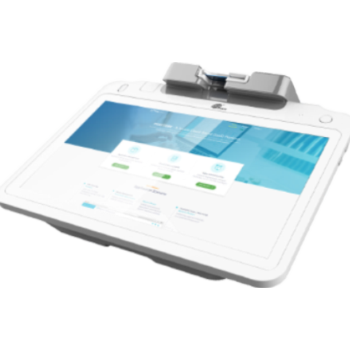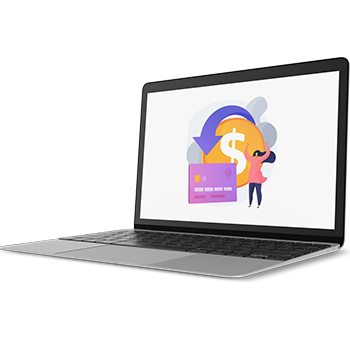What is a chargeback and how does it affect your business?
- Erica Pires
- November 21, 2022
- Business, Chargeback Management
Chargebacks can be a major loss for any business, especially if you’re not aware of the consequences. Learn in this article what chargebacks are, how they work, and how they affect you.
What is a chargeback?
A chargeback occurs when a cardholder disputes a transaction with their card issuer and the issuer reverses the charges. This can happen for a variety of reasons, but most often it’s because the cardholder does not recognize the charge or believes it to be fraudulent.
Chargebacks can be costly for businesses, as they are typically charged a fee by the issuer and may also lose the product or service that was purchased. In some cases, businesses may also be required to provide documentation to prove that the transaction was legitimate.
If you receive a chargeback, it’s important to take action quickly to dispute the charges and prevent them from being reversed. You will need to provide documentation to show that the transaction was legitimate, such as a copy of the invoice or receipt. You should also contact your customer to try to resolve the issue before it results in a chargeback.
How does a chargeback impact my business?
If you receive a chargeback, it means that a customer has disputed a charge with their credit card issuer. The issuer then reverses the charge, taking the money back from your business. This can be very costly, as you will not only lose the revenue from the sale but also be charged a fee by the credit card company.
Chargebacks can also hurt your business’s reputation. If you receive too many chargebacks, your merchant account could be suspended or even terminated. This could make it very difficult for you to accept credit cards in the future. Additionally, it can take significant time and effort to dispute a chargeback. It’s important to provide documentation proving the transaction was legitimate and gathering the necessary information can take you away from tending to your business needs, and as the old saying goes: time is money!
It’s important to take steps to avoid chargebacks. Make sure you have clear policies in place regarding returns and refunds, and that your customers are aware of these policies. You should also keep meticulous records of all transactions so that you can quickly and easily respond to any disputes that may arise.
How can I avoid chargebacks?
The best way to avoid chargebacks is to provide excellent customer service and make it easy for customers to reach you if they have questions or problems. Be sure to keep your contact information up to date and easily accessible, and respond promptly to any customer inquiries.
It’s also important to be clear about your refund and return policy before a purchase is made. Make sure this policy is prominently displayed on your website or in your store, and that customers are aware of it before they finalize their purchase. If a customer is not satisfied with their purchase, give them the option of returning the item for a refund or exchange instead of issuing a chargeback.
Finally, always keep good records of your transactions, including receipts, invoices, and shipping documentation. This will help you dispute any chargebacks that are filed against you and prove that you fulfilled your obligations in the transaction.
What is the best course of action if I receive a chargeback for my business?
If you receive a chargeback for your business, the best course of action is to immediately contact your credit card processor or bank. They will be able to help you dispute the chargeback and potentially recover any funds that were wrongfully taken from you.
It’s important to remember that chargebacks are serious and can hurt your business. If you receive one, it’s important to take action right away to minimize the damage.
Meet our Business Services
MSS Pay offers your company tailored business services. Learn more about them:

Payment Processing

Marketing Tools

Chargebacks & Risk Management

Funding




